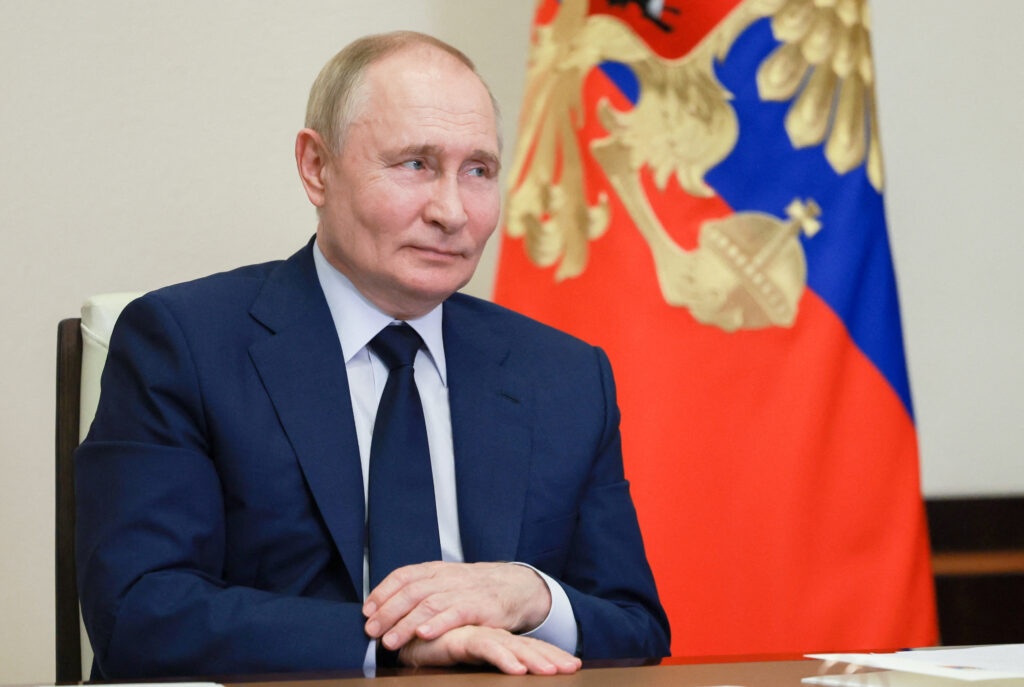TO: CANADA.CA/ARC-INFO-SOURCE
CANADA REVENUE AGENCY.
Your impersonal department just taxed me a total of $8000 Dollars this month of July, 2024. Please allow me to make it personal for you and your entourage. I am a Seventy Six years old Colorectal stage 4 Cancer patient. The money you believe is my revenue derives from Fifty years of hard labor repairing and renting my old house to low income families with children and their pets. I finally had to sell the family property because the burden of municipal, Federal and Provincial taxes, plus the cost of repairs, finally broke me! I placed half the money from the house sale into government bonds and the other half into your TFSA; and then I waited a year for the bonds to mature. A year later, after living cash free, I made the naive mistake of placing the money from the bonds into the TFSA. I am positive you understand that people who live in poverty for many years, and are suddenly provided with money, often make economic mistakes costing them dearly. $8000.Dollars, for example. You penalized me $8000. for putting too much of my own money into your so called "Tax Free savings Account"!
Conclusion. TFSA's are a trap for suckers! Nobody should use them! Now that we’ve become personal, I am sure you won’t mind if I publish this letter on my world wide blog. Thanks for reading
Signed: Joseph N. Raglione
Executive director, The World Friendly Humanitarian Peace and Ecology Movement.
human4us2.blogspot.com
human4usbillions@gmail.com
==================================================
Summary of service feedback
I COMPLIMENT YOU FOR DOING A GOOD JOB TAXING ELDERLY CANCER PATIENTS. I AM ONE OF THOSE PATIENTS. I AM SEVENTY-SIX YEARS OLD WITH COLORECTAL STAGE FOUR CANCER AND THIS MONTH YOU TAXED ME $8000.DOLLARS, ACCORDING TO YOU, MY CLASS A ACCOUNTANT IN QUEBEC, MADE MISTAKES ON MY TAX PAPERS. ANY MONEY I AM FORCED TO SEND YOU IS DERIVED FROM THE SALE OF MY OLD HERITAGE HOUSE AND PROPERTY. I HAVE BEEN SURVIVING ON THE PROCEEDS OF THAT SALE FOR THE LAST FEW YEARS BUT THE CASH IS DWINDLING AND IF I SURVIVE, I WILL BE BACK ON THE STREET AND YOU WILL HAVE ONE LESS HUMAN-BEING TO TAX.
AGAIN, CONGRATULATIONS! HUMAN4US2.BLOGSPOT.COM HUMAN4USBILLIONS@GMAIL.COM

